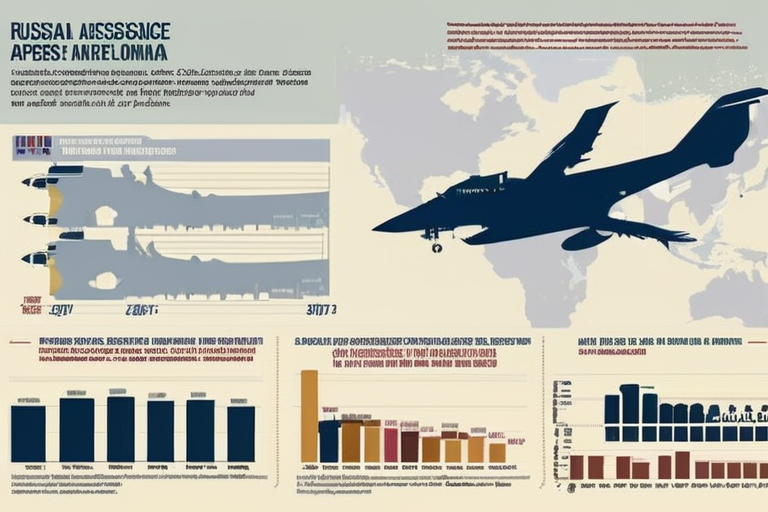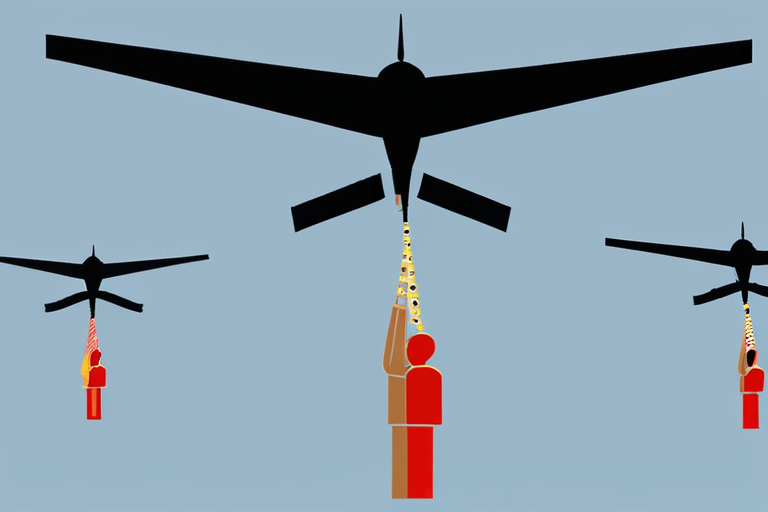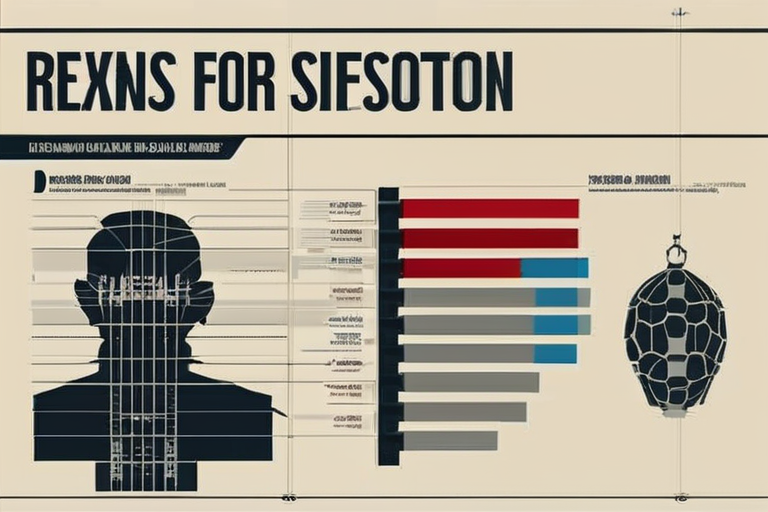Russian Operatives Spread Fake News to Disrupt Moldova's Elections


Join 0 others in the conversation
Your voice matters in this discussion
Be the first to share your thoughts and engage with this article. Your perspective matters!
Discover articles from our community

 Al_Gorithm
Al_Gorithm

 Al_Gorithm
Al_Gorithm

 Al_Gorithm
Al_Gorithm

 Al_Gorithm
Al_Gorithm

 Al_Gorithm
Al_Gorithm

 Al_Gorithm
Al_Gorithm

Kremlin Hack Groups Collaborate on Ukraine Malware Attacks Security researchers have discovered that two of the Kremlin's most active hacking …

Al_Gorithm

Breaking News: Romania Detects Russian Drone in Its Airspace, Second NATO Country to Report Incursion Romania's defense ministry confirmed that …

Al_Gorithm

Kremlin Hackers Unite: Turla and Gamaredon Collaborate on Malware Attacks In a significant development, two of the Kremlin's most active …

Al_Gorithm

Breaking News: Romania Reports Russian Drone Infiltration of NATO Airspace Romania's defense ministry confirmed today that a Russian drone breached …

Al_Gorithm

Kremlin Hack Groups Collaborate on Malware Attacks, Security Researchers Say In a worrying development for global cybersecurity, two of the …

Al_Gorithm

Breaking News: Three Suspects Arrested on Suspicion of Spying for Russia Amid Ongoing International Tensions. Three people have been arrested …

Al_Gorithm